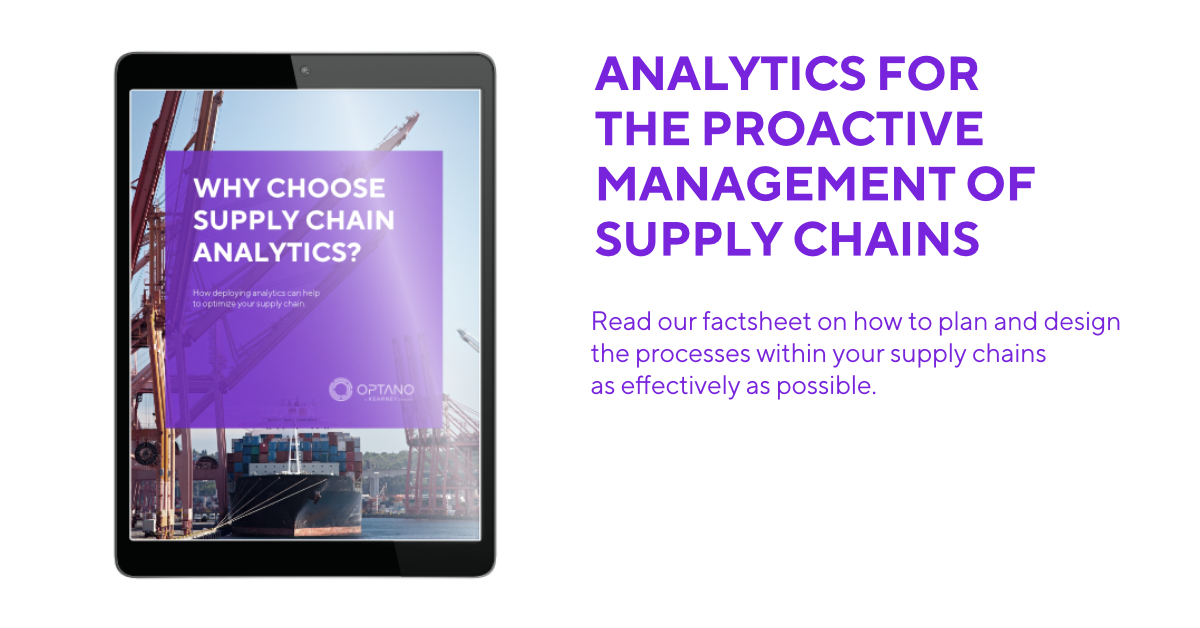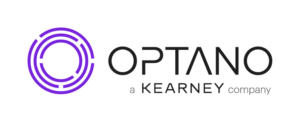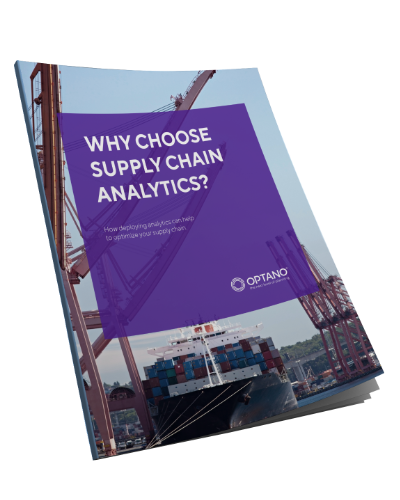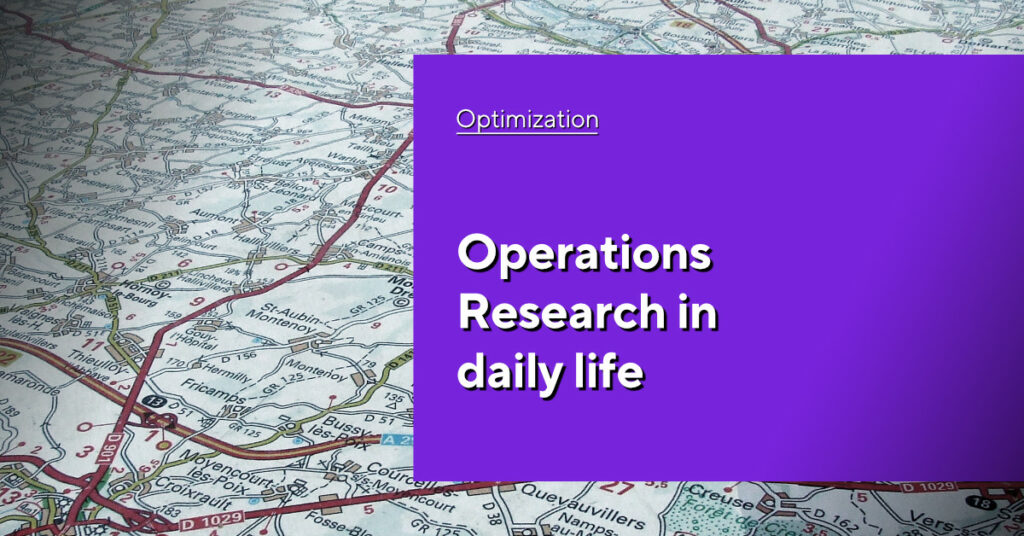How to stay competitive in the chemical industry
Increasing cost and competitive pressure reflect the momentary tense situation in the chemical industry throughout Europe, particularly in Germany. In view of the competition in their markets, numerous companies are now repositioning themselves in order to differentiate. At the center of this transformation are the immediate challenges which have to be overcome. At the same time, increasing profitability and maintaining growth on a long-term basis must also be guaranteed. What’s more, this all has to be considered with decarbonization in mind. This is a huge balancing act which often leads to decisions with far-reaching consequences. Not least, headlines on factory closures or relocations to China or the USA are becoming more frequent.
In order to hold one’s ground in an extremely competitive environment like that of the chemical industry, companies need to adopt new approaches. However, chemical companies should consider other options before choosing to relocate. Supply chains play a crucial role when it comes to transformation in the chemical industry as they offer untapped opportunities to differentiate. In this article we demonstrate how an optimized supply chain can contribute towards a company’s competitiveness.
Customers' demands are increasing
In contrast to many other industrial sectors, large chemical companies have often failed to recognize the significance of their supply chains. Companies in the automotive, packaging or food-processing industries have gained a head-start over the chemical industry by implementing digitized and optimized supply chains. Because these companies buy from the chemical industry, they demand the same measures that apply to their own companies from their suppliers, too- and these demands are increasing. The chemical industry has to guarantee flexibility, punctual delivery and customized product quality. And it is here at the latest where chemical industry executives should be taking note of “supply chain optimization”.
Europe as a location - a competitive drawback?
Due to the emergence of the Asian markets, the competitiveness in the chemical industry is intensifying. The market shares of Asian, but also US rivals, are rising at an enormous rate.
This is in stark contrast to Europe with its increasing governmental guidelines and regulations, high energy and raw material costs, economic uncertainties with slumps in demand and inflation as well as geo-political tension.
Furthermore, the increasing calls for more resource efficiency and environmental protection are becoming louder. Governments as well as society itself, and ultimately consumers, are exerting pressure to achieve more sustainability.
In comparison to other locations, the conditions for the European chemical industry are anything but ideal right now. The companies which are based here will have to make serious decisions if they do not want to fall behind.
Is relocation a solution?
All of these factors are not necessarily temporary but rather structural challenges which chemical industry executives have to face and which often lead to them taking far-reaching decisions. As already mentioned, the increasing cost and competitive pressures to which the European chemical industries are exposed often result in companies relocating. However, this step requires careful consideration.
For decades, many chemical supply chains had been relocated to Asia. China and India, with their low costs for raw materials and production were attractive options. At the same time, companies were subject to fewer environmental and regulatory standards.
A shift in the flow of goods
The last five years have led to changes which, slowly but surely, have had an impact on the chemical industry’s supply chains. The availability and capacities of ships, wharfs and containers had been limited even before the COVID crisis. This led to a considerable rise in transport costs – and ultimately to supply chain disruptions. Furthermore, the environmental regulations have been tightened in Asia – even if these are still far less severe than in the western industrialized nations.
Consequently, many businesses are considering re or near-shoring and whether to bring back the upstream stages of their supply chain to Europe – not least in order to make their supply chains more resilient. Basically, the exact opposite to relocation is being considered.
Example: The pharmaceutical market
We will all recall the late fall of 2022: the headlines about fever medicine being sold out, antibiotics which could not be supplied, life-saving cancer drugs which could not be obtained. The population realized just how much our healthcare system depends on stable supply chains. The federal government’s plan to create incentives designed to maintain and strengthen pharmaceutical production in the EU can be seen in examples of nearshoring. This can make supply chains more resilient and less vulnerable to global disruptions.
Supply chain transformation
For chemical companies the supply chain plays a decisive role in the transformation of their business. One way to differentiate is by aligning the supply chain with the customer. By strengthening customer loyalty and opening new markets, companies can enhance their value and thus improve their competitiveness.
The primary drivers here are the ever increasing demands of the chemical industry’s customers. These want flexibility and delivery reliability as well as customer-specific quality requirements.
It is possible to respond flexibly to changed customer preferences and gain new customers worldwide by having demand-driven production and “made-to-order” processes (MTO). For companies which do not want to fall behind in the competitive environment of the chemical industry, then this type of differentiation is a feasible approach.
And what about climate protection?
The German chemical industry is aware of its environmental responsibility and is clearly commited to achieving its environmental targets. Here, the question is not whether decarbonization and climate-neutrality are targets, but how these can be achieved. However, it is important for chemical companies to consider all the approaches from an economic viewpoint at all times.
Complexity as a dilemma?
The chemical industry is thus challenged with creating or strengthening differentiation. At the same time costs must be reduced and supply chains must become more resilient. In addition, achieving climate goals must be taken into account as well. All of these factors together increase the complexity in supply chain mangement. How can this dilemma be overcome?
More interesting articles
Digitization and Supply Chain Analytics as a solution
Whether businesses would like to increase cost efficiency, strengthen customer loyalty, improve delivery reliability or reduce CO2 emissions – digitization and innovative technologies are the basis for supply chain transformation.
Analyzing data with the help of mathematical optimization can support decision-making regarding necessary changes and adjustments. From procurement and manufacture to delivery – huge amounts of information and data are produced in every area of the supply chain. This data can be leveraged with supply chain analytics and mathematical optimization. Valuable information and insights can be gained by deploying advanced analytics procedures such as Predictive and Prescriptive Analytics. The results of the analyses then form the basis for decision-making, i.e. optimization within the supply chain.
Optimizing multiple goals is possible
The above-mentioned challenges cannot be viewed individually. However, this should not mean that the dilemma cannot be solved. Many of the envisaged targets are inter-linked and therefore the solution approaches should also be viewed as a whole. When deploying mathematical optimization, there is no limit to the amount of optimization targets. In planning, any given number of target variables can be included in the calculation. But how can mathematical optimization help in regard to the individual aspects?
Demand forecasts
If a chemical company decides to differentiate in regard to customer loyalty, then demand forecasts are unavoidable. The consequences of a marginal deviation based on changes in customer demand can be immense and even have an impact on the procurement of raw materials.
Analyzing customer data can help to forecast future demand and trends and thus optimize procurement and production. Various indicators from internal and external mass data can be considered in the analysis.
To create forecasts, optimization software such as OPTANO uses efficient mathematical models which map the essential aspects of a supply and demand function in order to generate forecasts. The models are trained continuously with machine learning algorithms.
Facility location planning
Should production facilities be relocated? Or is nearshoring or reshoring an option? By analyzing all of the potentials and conflicts within a network planning concept, companies can make optimal long-term decisions and take into account factors such as cost, reliability, independence and sustainability. Optimization software such as OPTANO lets you analyze thousands of what-if scenarios using mathematical optimization.
Ensuring resilience
Scenario planning as well as opportunity-risk analyses using mathematical optimization allow companies to respond to sudden changes in the supply chain. Supply chain uncertainty can be overcome and the risks can be reduced.
OPTANO can support the transformation of your supply chain
The solution approaches described above are just brief examples of how OPTANO can support your supply chain transformation. Demand forecasts, network planning and resilience are just some of the areas in which OPTANO can be deployed.
Companies can plan faster, better and far more easily with OPTANO. Thousands of what-if scenarios can be analyzed with Prescriptive Analytics and solvers. The result: recommendations on the best course of action which can help you achieve your targets – even those that conflict with one another.
Interested to learn more? Feel free to contact us with any questions you may have – we are just a phone call or e-mail away! Also, if you would like to learn more about supply chain analytics, the n read our factsheet: “Why choose supply chain analytics?”
The journey of a thousand miles begins with a single step
„The journey of a thousand miles begins with a single step.” This is a very appropriate quote from the Chinese philosopher Lao Tzu. A company needs to know what steps need to be taken first when transforming the supply chain. Once it knows how and where to start, the journey of transforming the supply chain becomes easier. The quote further demonstrates that Asia has provided us with a lot of fascinating things and certainly has its place in our world. Yet it might be a good idea when some things from Asia do not take too long to reach us here in Europe.
Have you downloaded our factsheet on this topic yet?

In our factsheet “Why choose supply chain analytics?” we describe the different types of supply chain analytics. You will discover how supply chain analytics works and how it can help to optimize your company’s supply chain.
To obtain our factsheet, all you need to do is enter your contact details in the space below. A pop-up window will then open to download the whitepaper. Please note that by providing us with your email address, you agree that we may contact you on this topic. You may revoke this agreement at any time by contacting [email protected].








